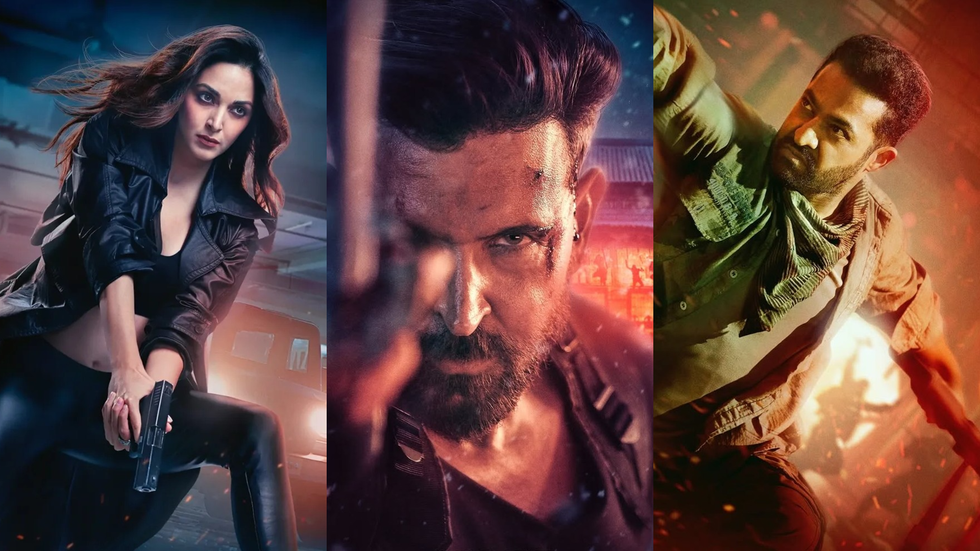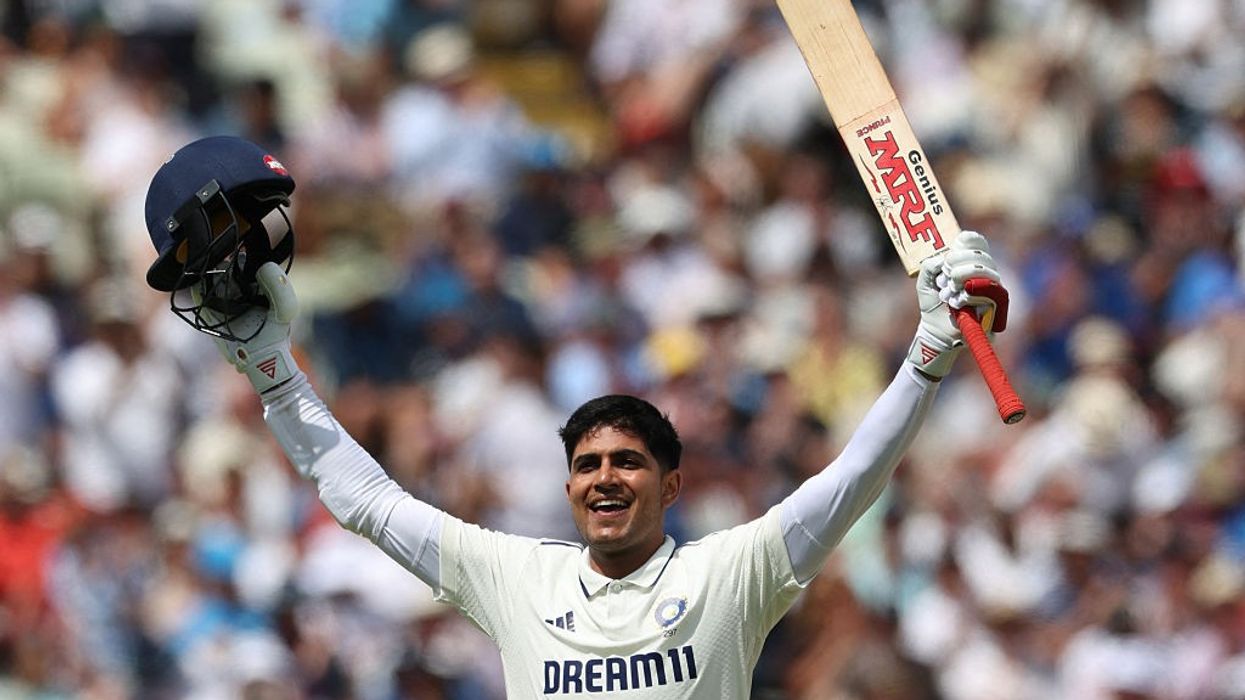Steve Smith admitted on Thursday (10) he was pumped to play his first Test in almost a year, revealing how hard it was to miss India's last series in Australia when he was banned for ball-tampering.
The two sides meet in a day-night Test in Adelaide from December 17, the first of four clashes over a blockbuster summer.
It will be Smith's first red-ball international since the final Test against New Zealand at the Sydney Cricket Ground in January before coronavirus caused havoc.
"Very excited, I love Test cricket, it's my favourite form of the game no doubt. It challenges you in so many different ways," Smith, bubbling with enthusiasm, said on a Zoom call from Adelaide.
"So excited to get back out and play some long-form cricket. It's been close to a year since our last game. Can't wait -- all the boys are really keen to get out there and play as well."
Making it extra special for Smith is that he missed India's historic first Test series win in Australia in 2018-19 when he was serving his 12-month suspension.
"I watched bits and pieces," he said of the tour. "It was difficult sitting on the sidelines and not being able to go out there and make a difference.
"That was the toughest thing for me, knowing that I probably could make a difference if I was out there. So that was hard. But it's an exciting series coming up."
Smith skippered Australia until he was banned over the brazen attempt under his watch to alter the ball with sandpaper in Cape Town.
- Captaincy 'discussions' -
Part of his punishment included a further year-long exile from any leadership role, which expired in March.
He has yet to captain the side again but revealed Thursday "discussions" had taken place, with the issue thrust back into the spotlight at the weekend when Aaron Finch was ruled out of the second Twenty20 against India.
Speculation was rampant that Smith would stand in as skipper, but Matthew Wade instead got the nod.
"For me, I just said I am happy to do whatever is best for the team and that's the same going forward. I do whatever I can for the team," he said.
Both teams face selection problems ahead of Adelaide.
India's opening batsman Rohit Sharma and pace bowler Ishant Sharma are both injured.
Australia will be missing opener David Warner after he injured a groin in the recent white-ball series but young prospect Will Pucovski, who was heavily tipped to replace him, suffered a concussion against India A this week.
Various scenarios have been touted should Pucovski fail to recover, from elevating Marnus Labuschagne or Wade to open, to recalling Marcus Harris or even Usman Khawaja.
Smith said it wouldn't trouble him if Labuschange opened and he was moved up to bat at three from four.
"That doesn't bother me too much, I've batted a fair bit at number three. Three or four, any lower than four and I wouldn't be overly happy, but anywhere out there I'm fine," he said.
Smith, who has played 73 Tests, scoring more than 13,000 runs, including 26 centuries, admitted Warner's absence would be felt.
"I think our depth is obviously going to be tested with Davey out and a few potentially new players coming in, so it's test for us against a good Indian outfit," he said.
"Whoever is out there and in the team, hopefully we all do our job and have a successful summer."





 Hrithik Roshan and Jr NTR starrer War 2 to hit IMAX screens worldwide Instagram/yrf
Hrithik Roshan and Jr NTR starrer War 2 to hit IMAX screens worldwide Instagram/yrf 










